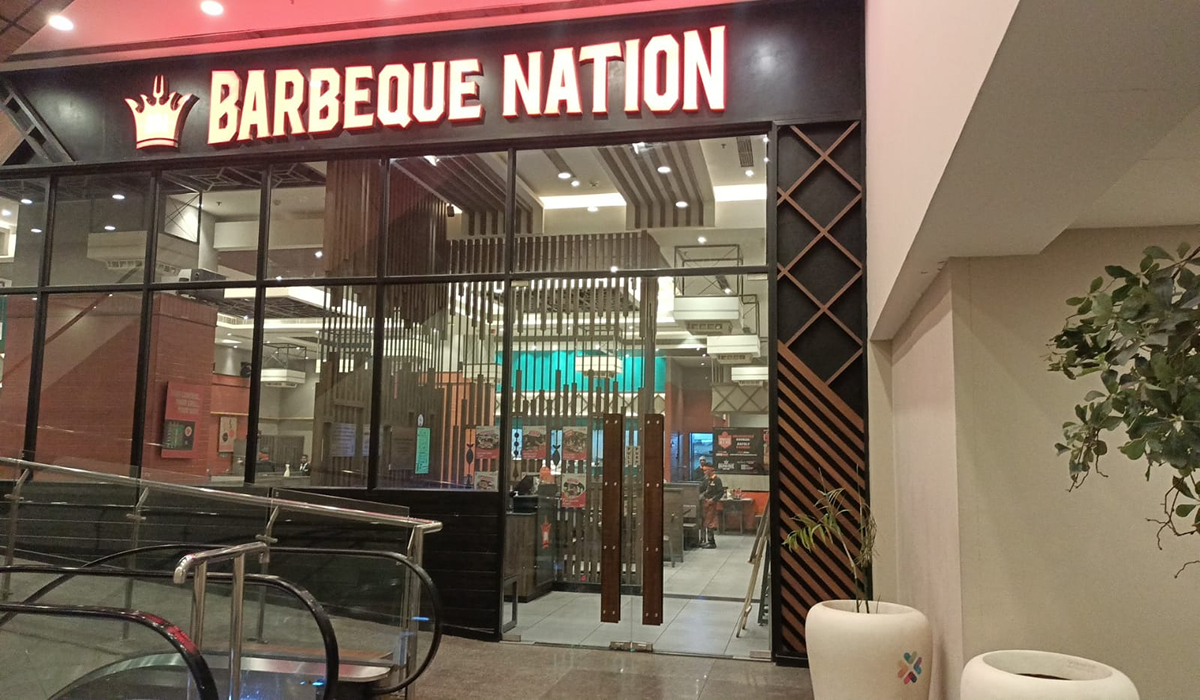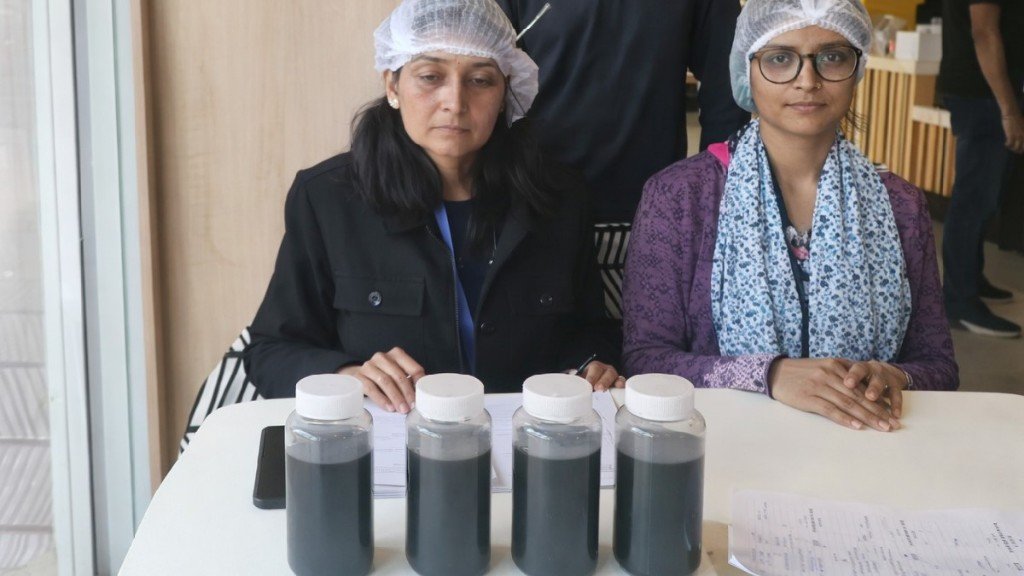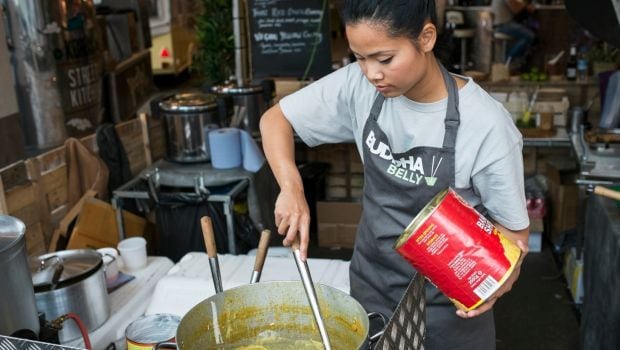Zimbabwe has banned street food vendors in the capital Harare after a typhoid outbreak blamed on poor sanitation and erratic water supplies.Portia Managazira, director for epidemiology and disease control in the health ministry, told AFP there had been more than 2,300 suspected cases of typhoid nationally in the last year, and 12 deaths."The cases were mostly from Harare... We are still in emergency response mode and we are doing everything possible to get the situation under control," she said.
Harare has been reeling under an acute shortage of piped water and to add to the woes of residents, already grappling with an economic meltdown and long power cuts, rubbish is not being collected for days."Our biggest fear is cholera," Health Minister David Parirenyatwa told journalists. "We can manage, more or less, typhoid. But cholera will just be a nightmare."We have agreed to prohibit and stop the vending of food -- processed or unprocessed, fruit and vegetables –- at undesignated places."In 2008, cholera claimed at least 4,000 lives in Zimbabwe. It happened at the height of the country's economic crisis when most of the public hospitals were closed due to a shortage of medicines and the flight of health workers abroad.The water crisis has been worsened by a severe drought plaguing the southern Africa region, fuelling a flourishing business where illegal sellers supply water in buckets and large tanks.According to the World Health Organization, some 21 million people are affected by typhoid fever every year around the world and more than 200,000 die of the disease.
(This story has not been edited by NDTV staff and is auto-generated from a syndicated feed.)
Harare has been reeling under an acute shortage of piped water and to add to the woes of residents, already grappling with an economic meltdown and long power cuts, rubbish is not being collected for days."Our biggest fear is cholera," Health Minister David Parirenyatwa told journalists. "We can manage, more or less, typhoid. But cholera will just be a nightmare."We have agreed to prohibit and stop the vending of food -- processed or unprocessed, fruit and vegetables –- at undesignated places."In 2008, cholera claimed at least 4,000 lives in Zimbabwe. It happened at the height of the country's economic crisis when most of the public hospitals were closed due to a shortage of medicines and the flight of health workers abroad.The water crisis has been worsened by a severe drought plaguing the southern Africa region, fuelling a flourishing business where illegal sellers supply water in buckets and large tanks.According to the World Health Organization, some 21 million people are affected by typhoid fever every year around the world and more than 200,000 die of the disease.
(This story has not been edited by NDTV staff and is auto-generated from a syndicated feed.)
Advertisement









